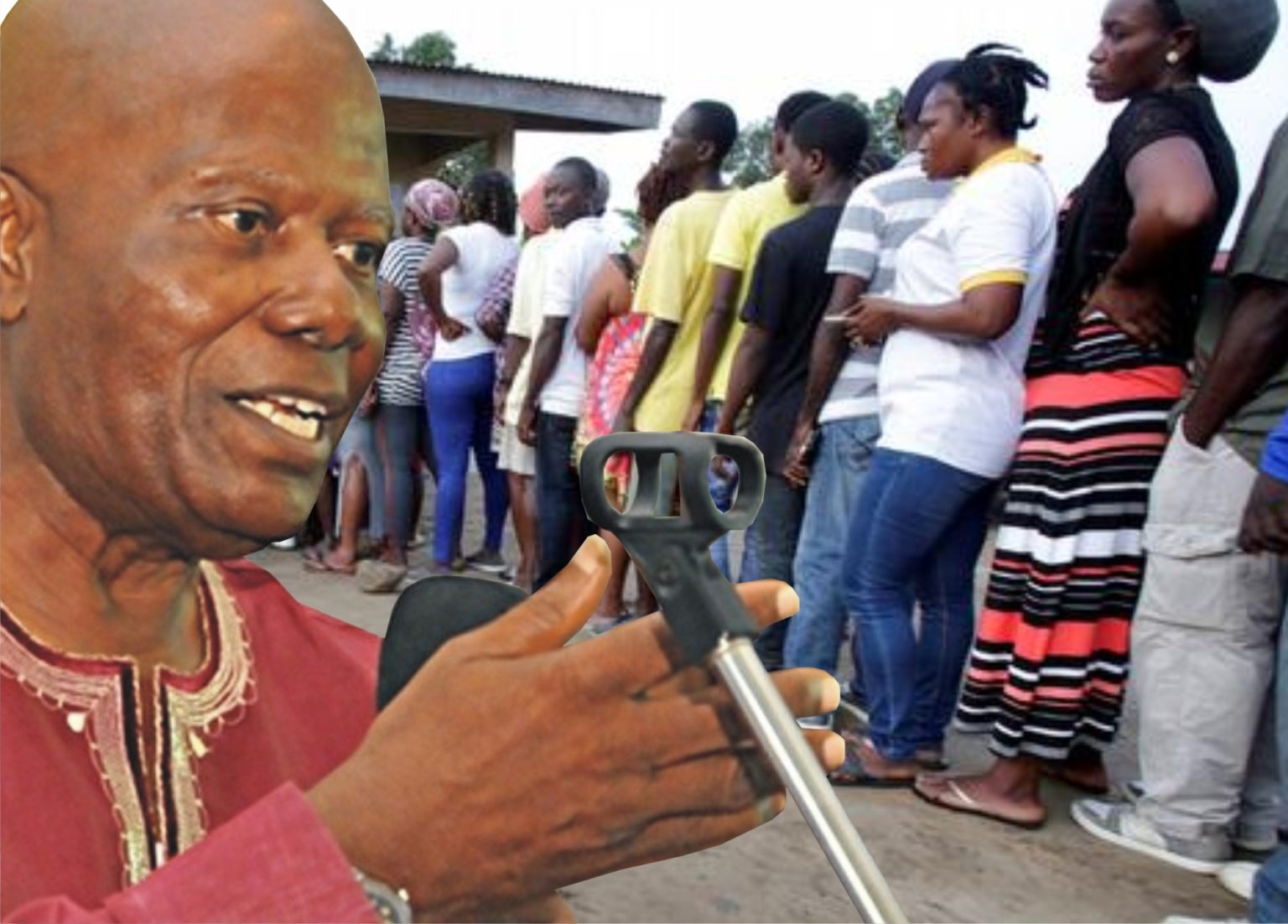A recent Afrobarometer survey revealed a stark reality: 80% of Liberians believe their nation is heading in the wrong direction. This sentiment, echoing headlines in local media, underscores the deep-seated challenges that continue to plague the country, primarily the pervasive poverty that fuels cycles of violence, including coups and civil wars. Liberia’s history is marred by such instability, most notably the 1980 coup and the devastating civil war from 1989 to 2003, which claimed hundreds of thousands of lives and necessitated international intervention from ECOWAS and the UN. The deployment of UNIMIL, a 15,000-strong peacekeeping force, highlighted the severity of the conflict and the need for external support to restore peace. This reliance on external solutions, however, has been criticized by some, including former Vice President Bennie Warner, who argued that Liberians themselves must take responsibility for their nation’s problems.
The root of Liberia’s predicament, some argue, lies in its educational system, seen as perpetuating a “Westernized” perspective that fails to address the country’s unique challenges. Specifically, the historical narrative presented in schools, which emphasizes the arrival of Americans to “Christianize” the native population, is viewed as reinforcing a colonial mindset. This perspective, critics contend, promotes a system of economic exploitation where Liberia’s resources are primarily geared towards export to benefit former colonial powers, mirroring the dynamics of historical enslavement. This system ultimately benefits the wealthy, both domestically and internationally, at the expense of the poor, exacerbating existing inequalities and hindering genuine progress. Thus, the governance structure itself is deemed dysfunctional, perpetuating a cycle of poverty and instability.
Despite the prevailing negativity, there is a glimmer of hope emerging in Liberia. A growing awareness of these systemic issues, coupled with a commitment to working within the rule of law, is driving positive change. The October 2023 elections provided a powerful example of this shift, with a record-breaking voter turnout of 76.86%. Significantly, the electorate chose not to re-elect a majority of incumbent legislators, signaling a desire for new leadership and a rejection of the status quo. This trend suggests a growing public awareness of the need for accountable and effective governance.
This nascent movement for change relies on non-violent methods, primarily raising public awareness and promoting informed civic engagement. By empowering citizens with knowledge and encouraging their participation in the democratic process, this approach aims to transform the current electoral system, which is perceived as unfair, into a more equitable and resilient one. The success of this strategy hinges on the continued commitment to peaceful means and the engagement of a broad spectrum of Liberian society. The ultimate goal is to elect individuals with proven track records of integrity and competence, who can implement policies that prioritize justice, the cornerstone of peace and progress.
The path forward for Liberia requires a fundamental shift in mindset, moving away from dependence on external solutions and embracing a more self-reliant approach. This entails fostering a sense of ownership among Liberians, encouraging them to actively participate in shaping their nation’s future. The education system needs to be reformed to provide a more accurate and empowering narrative of Liberian history, fostering critical thinking and promoting a sense of national identity. Crucially, the focus must shift from extractive economic practices to sustainable development that benefits all Liberians, not just a privileged few.
The recent election results offer a promising sign that such a transformation is possible. The high voter turnout and the rejection of incumbent legislators demonstrate a growing public demand for change. By continuing to raise awareness, promoting civic engagement, and advocating for a more just and equitable system, Liberians can build on this momentum and create a future where their nation is truly headed in the right direction. This requires a sustained commitment to peaceful and democratic means, and a belief in the power of collective action to overcome the challenges that have long held Liberia back.














